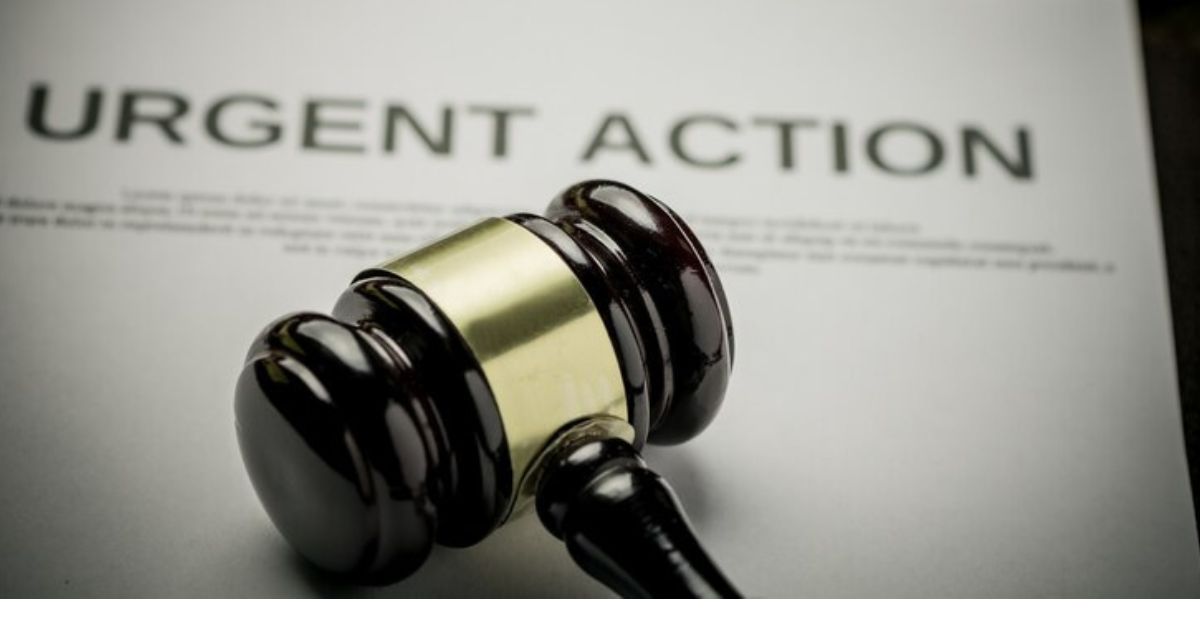There is a huge difference between driving on the open road and in parking lots. Parking lots are full of moving cars and people walking. And even though cars move slower in parking lots, accidents are common and can confuse individuals about what to do next.
Unfortunately, determining fault in a parking lot car accident is notoriously tricky to pin down for several reasons. Therefore, hiring a parking lot car accident attorney willbe beneficial. They will assist you in pursuing fair compensation and locate all potential sources of reimbursement.
Parking Lot Collisions
The majority of parking lot incidents involve inattentive drivers or pedestrians. Most auto accidents occur at slow speeds. Nevertheless, these collisions result in significant personal and property injuries. Being knowledgeable about various types of parking lot car accident can help determine who is at fault and take the right steps while dealing with the aftermath of the accident.
Vehicle Collisions
Often, the parking lot witnesses a collision between two vehicles. This is because drivers take shortcuts across parking lanes while backing out of their cars or simply don’t see another vehicle approaching. Some common types of parking lot vehicle Collisions include:
- Backing Out Collisions: These happen when a car reverses out of a parking spot and hits another stationary or moving car.
- Head-On Collisions: These happen when two cars drive through the opposite sides and are overspeeded.
- Side-Impact Collisions: These happen when a driver cuts through parking spaces and collides with another car driving in the designated lane.
Pedestrian Collisions
Parking lots are usually densely populated with people, and accidents may happen as a result of carelessness (on the part of pedestrians or auto drivers). There is no safety gear for the pedestrians, so this might lead to severe bodily injury. Several typical elements that lead to accidents include:
- Poor Visibility: Dimly lit parking lots at night create a dangerous environment, and drivers find it difficult to notice pedestrians, which may cause accidents.
- Distracted Driving: Pedestrian collisions will likely occur when drivers are distracted by texting or in-car adjustments. This may result in a failure to pay attention to the drivers’ surroundings and, ultimately, a disaster.
- Pedestrian Inattention: Pedestrians might be the reason for accidents when walking along undesignated sidewalks or when preoccupied with other activities.
Who Is Liable for a Parking Lot Car Accident?
Identifying who is at fault in parking lot accidents might be complex. Many times, both drivers share the responsibility for the collision, but sometimes, it depends on the situation. Knowing who is at fault might make it easier to handle legal issues and insurance claims.
Drivers
Many parking lot car accidents occur due to drivers’ negligence or distraction while driving. In such situations, the driver is likely to be liable. If you get hurt, you have a chance to file an accident claim for damages against their insurance firm. But knowing your state’s no-fault rules is important before filing claims.
The Property Owner
A parking lot owner may be held accountable for an accident that occurs if they neglect to install traffic signals, such as yield indications, stop signs, and pedestrian crossings, in the appropriate locations inside the parking rows.
Shared Responsibility
Shared responsibility in a parking lot car accident means both parties involved may share fault for the incident. It’s important for determining fair liability and insurance claims. The solution involves gathering evidence, reporting to insurance, and possibly negotiating settlements to ensure both parties are justly compensated based on their fault.
What To Do After An Accident?
Knowing what to do in the event of a parking lot collision can help you handle the issue more skillfully.
- Move to a safe location first and turn on the car’s hazard lights to indicate others.
- Call 911 and your insurance provider to report the accident
- If someone is injured, seek medical attention as soon as possible
- Snapshot photos or video of the site and your injuries
- Obtain the insurance and contact details of any available witnesses or drivers involved
- Get witness statements and contact information
- Contact a parking lot car accident attorney available in your area.
These steps ensure you have all the information needed. This may help you in insurance claims and potential legal proceedings.
Contact Parking Lot Car Accident Attorney
Calling a parking lot car accident lawyer will be really helpful if you are involved in an accident in the parking lot. They will give you the required assistance with your case and help you unclear your doubts. Lawyers with experience in auto accidents can establish liability and potential compensation. They will deal with insurance adjusters on your behalf and will ensure that you receive a fair settlement for your loss. Additionally, if required, they also represent you in court to fight for your rights and compensation.
Final Words: Parking with Peace of Mind
Parking lot mishaps can be disruptive and stressful. However, you can navigate these situations effectively with better knowledge and a calm head. Having a knowledgeable parking lot car accident attorney by your side can alleviate stress. They help you navigate the complexities of a parking lot accident case. Now, go forth and conquer those parking with confidence!




